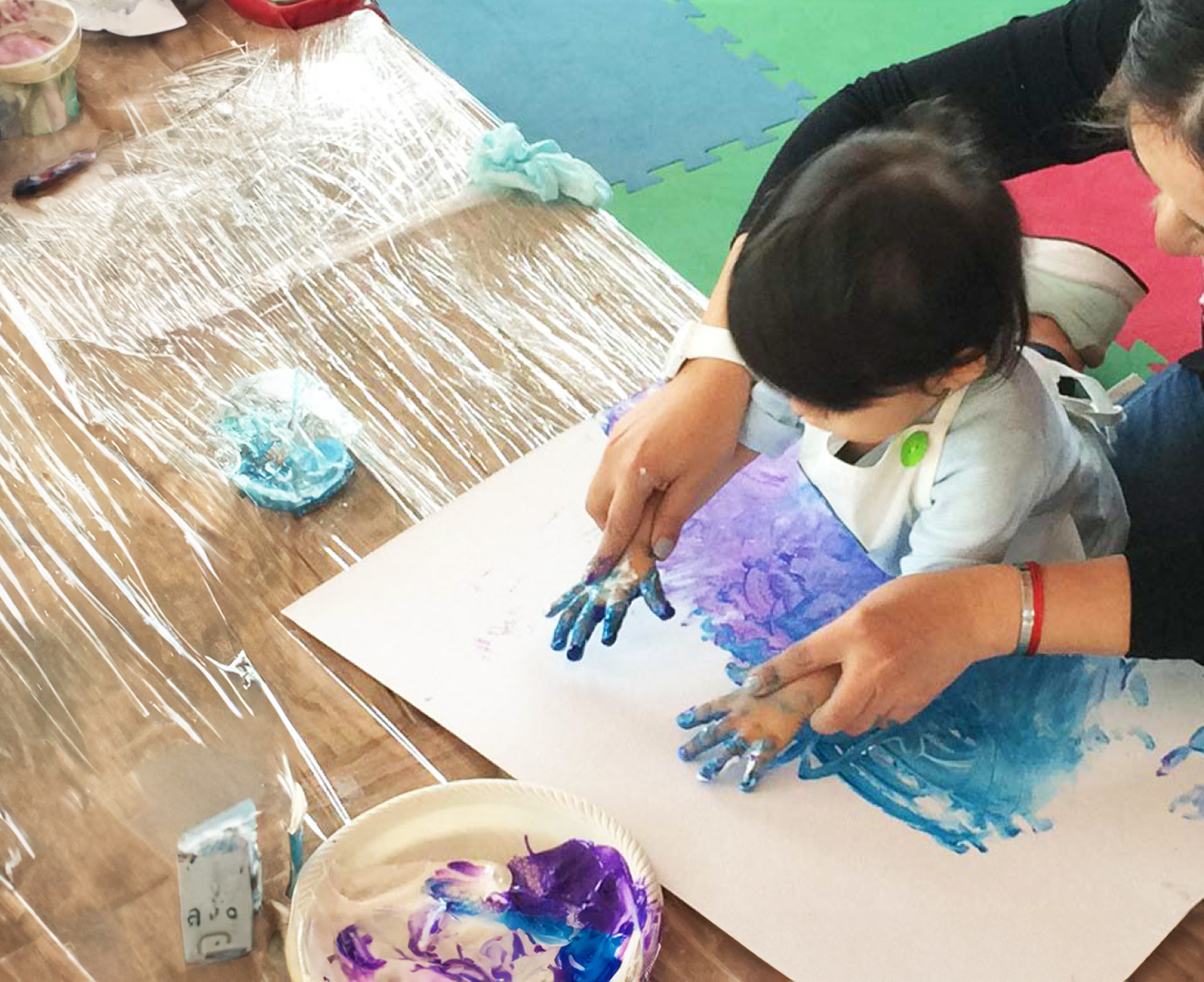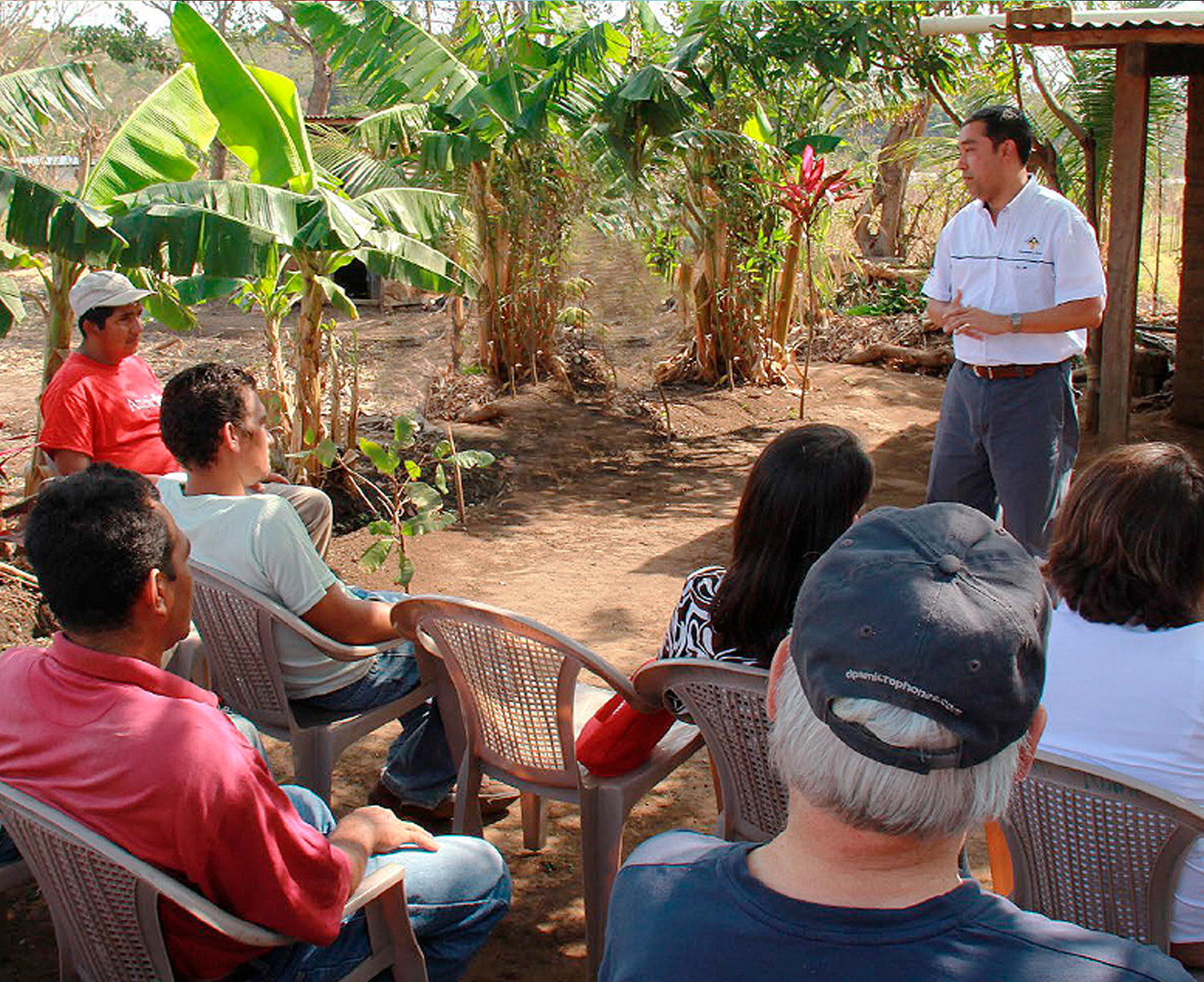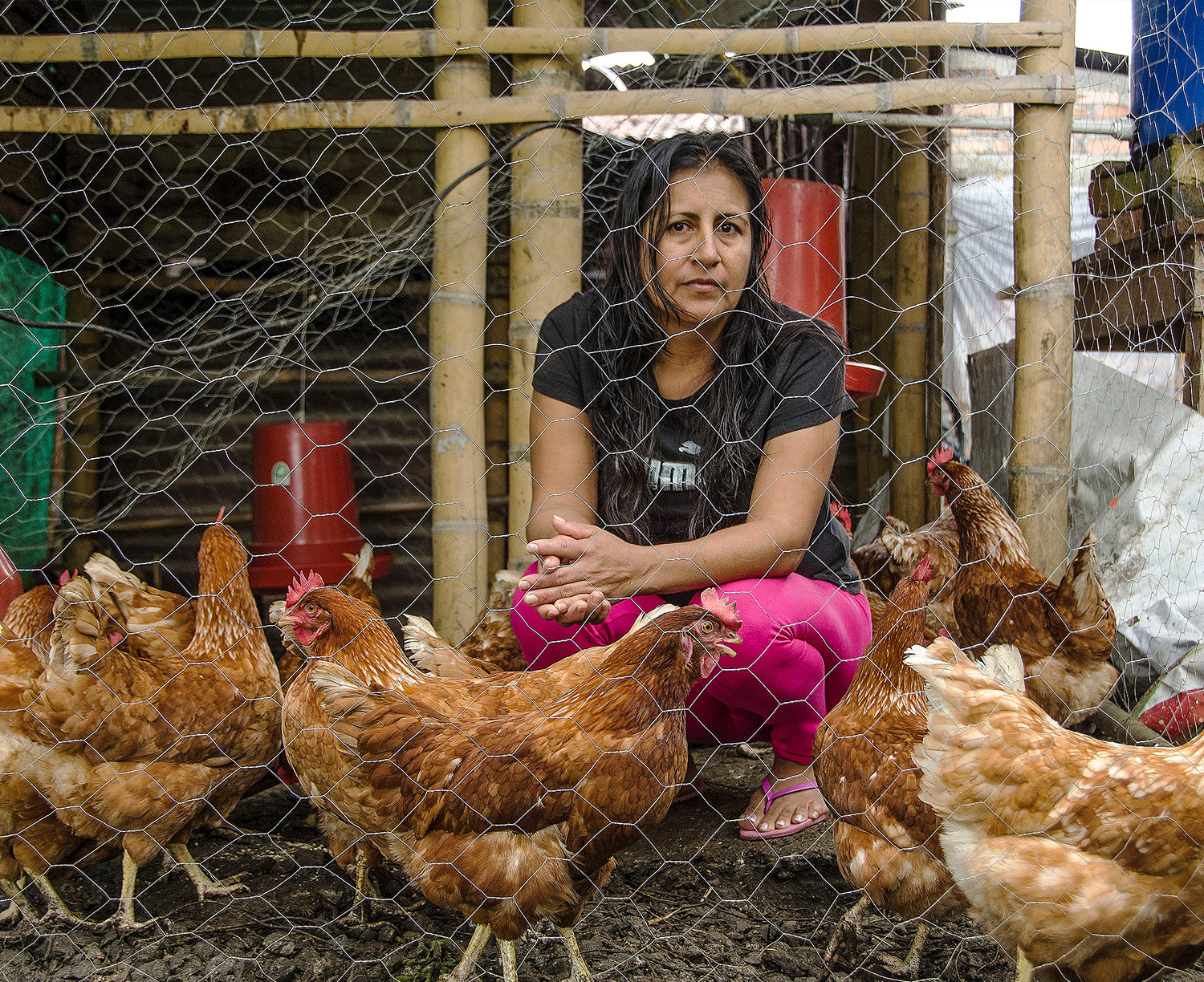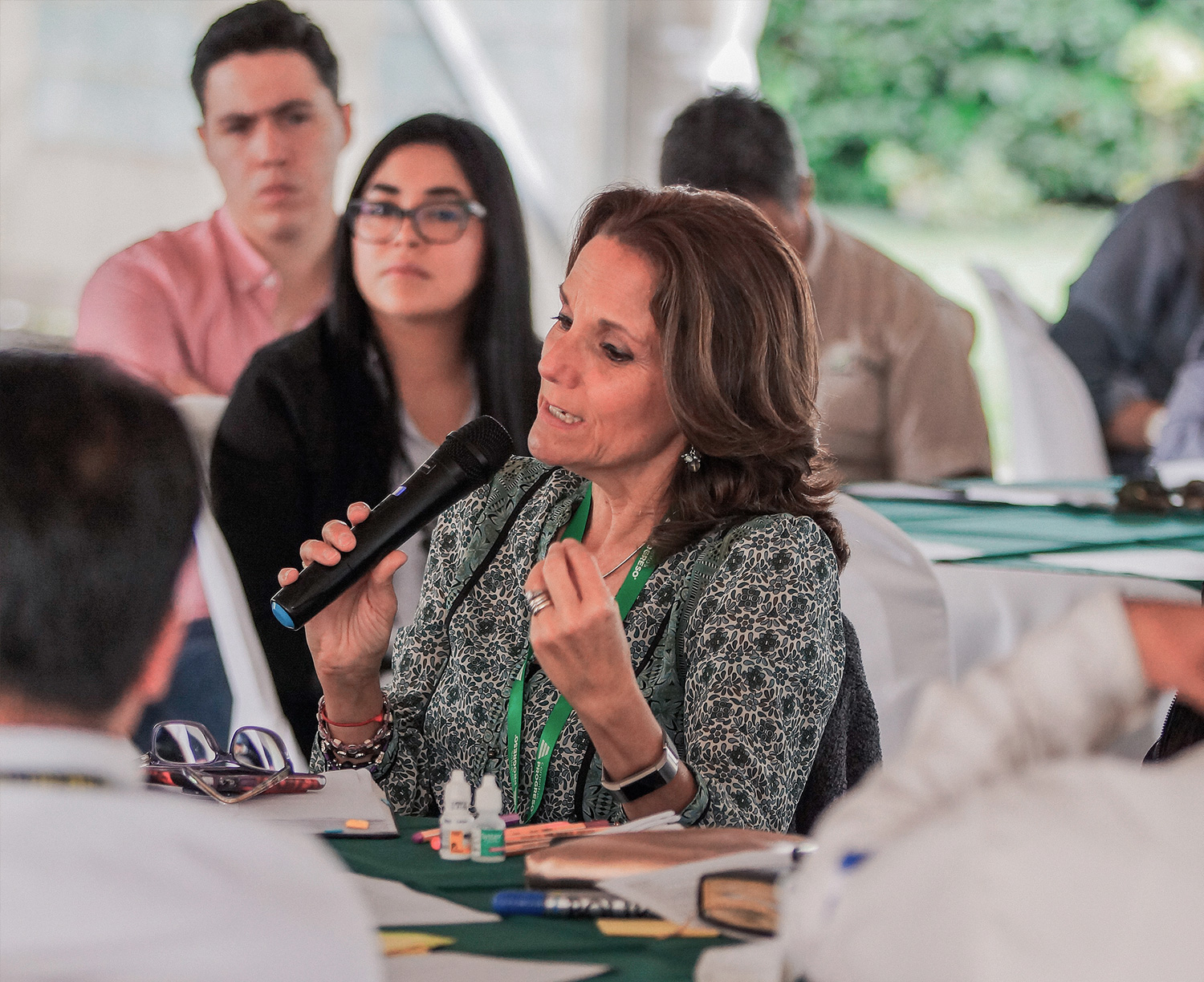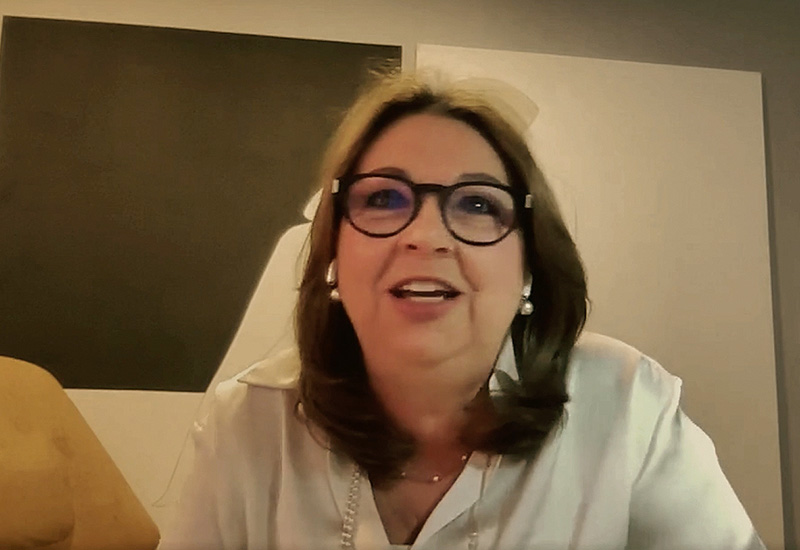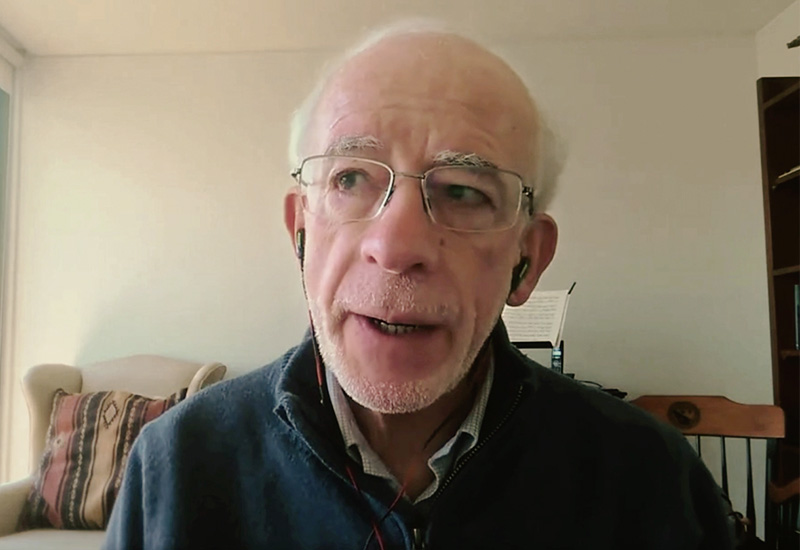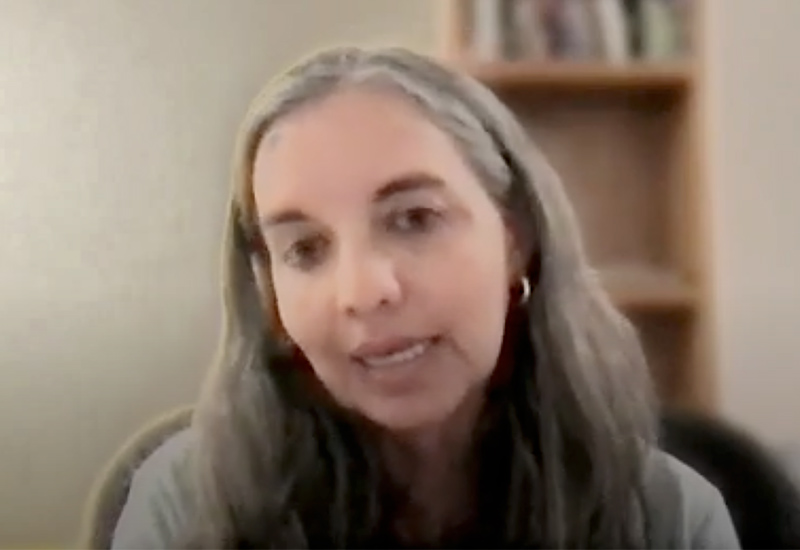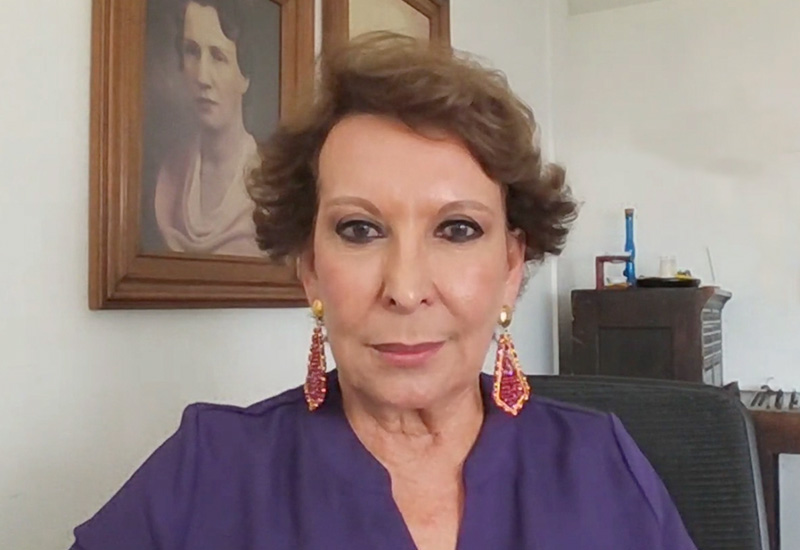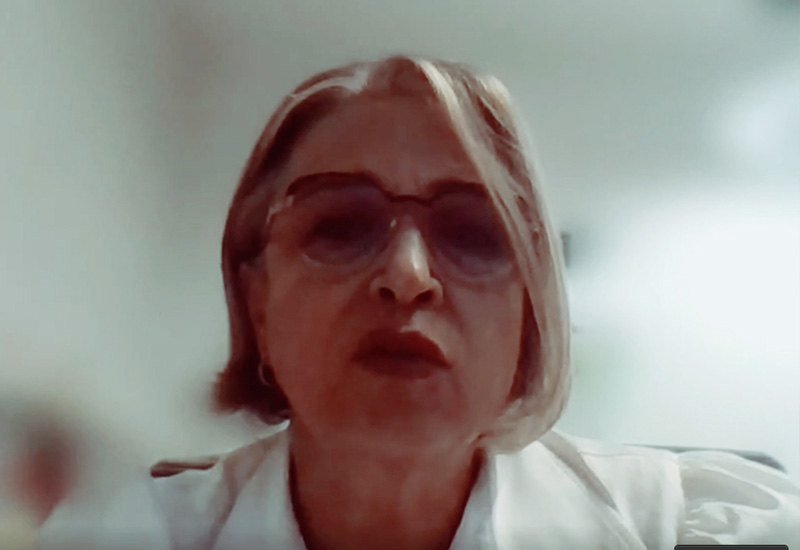More than 20 years of networking
2002
With the IAF’s prompting, 23 corporate foundations create a network to work in grassroots development.
2003
We set up the first bilateral funds between network members and the IAF to carry out grassroots development, with around one per member.
2004
We launch country funds,including the Common Initiative and BR Fund in Brazil. We publish the “Constructing Together” toolkit, the conceptual framework for grassroots development in the network.
2005
We create national funds: Colombian National Fund and Local Educational Alliances in Argentina.
2006
We initiate studies on linkages between grassroots development and local development, and grassroots development and education.
2007
We publish manuals for network members on accompaniment and co-financing, impact evaluation, and budgeting, as well as three studies on grassroots development.
2008
We formally establish RedEAmérica Corporation with 68 initial members. We launch the Suma Alliance in Peru. We run two more studies on education and grassroots development and income generation and grassroots development.
2009
We launch the Private Social Investment in Grassroots Development diploma program. Our hemispheric fund PorAmérica starts serving seven countries in the region. We hold our first RedEAmérica International Forum.
2010
By December 2010, partnerships and programs supported by RedEAmérica have mobilized more than US$10 million, with 1,500 grassroots organizations trained and supported and more than 200 community projects supported.
2011
PorAmérica begins implementing 27 community-based, income-generating initiatives in four countries. RedEAmérica publishes five studies on various topics related to grassroots development.
2012
We launch the Latin American Grassroots Development Award, Transformadores, and a five-year agreement with the IAF.
2013
We launch the Grassroots Development Radar and Pathways, our learning visits program. 14 cohorts complete the diploma program. The first round of Transformadores awards four initiatives.
2014
RedEAmérica works in seven partnerships and programs in six countries and in two affinity groups on early childhood and local development. We launch an e-learning course on private social investment for economic inclusion.
2015
Our Company+CommUnity program begins. 25 members participate in co-creating the concept of sustainable communities.
2016
We launch the third round of Transformadores Awards with a new category: Sustainable Business and Communities.
2017
We create the RedEAmérica training platform and finalize the document “Great opportunities for companies when incorporating social issues into their business models.” We launch the Territories and Issues Map with 181 initiatives and 148 territories.
2018
We open three new courses on the training platform with 145 participants. 77 people participate in our Virtual Learning Cycles.
2019
Members from 11 countries use our Radar to evaluate themselves. The fourth round of Transformadores recognizes 13 experiences. 310 participants join five virtual courses on RedEAmérica's training platform. 234 participants join 12 sessions of the Virtual Learning Cycles.
2020
Six working groups form, made up of 23 member organizations. 2,500 participants connect to 24 virtual sessions of the Learning Cycles.
2021
30 companies from 11 countries discuss their progress in incorporating social issues with our online tool Faro. Nearly 3,000 people have participated in the 12 international forums held by RedEAmérica to date.
2022
Sandra Margarita Hernández takes over as RedeAmérica’s Executive Director. We begin strategic planning for the next five years, aimed at consolidating the network, strengthening its processes, growing more, having more visibility, and achieving a greater impact on the social ecosystem of Latin America and the Caribbean.


National funds:
first steps for networking and learning
Foundations from five countries participated in RedEAmérica’s first major networking initiative, the national funds, between 2004 and 2015, to start acting collaboratively and articulating national nodes.
Through these country funds, the IAF provided resources to strengthen the initiatives led by local social organizations through alliances with the national nodes that brought together the foundations and companies affiliated with RedEAmérica.
Common Initiative - Brazil
Ten foundations have supported six projects through the Common Initiative since 2006, benefiting nearly 730 people. Between 2011 and 2013, the Initiative supported five youth networks that strengthened another 25 youth-led collectives, benefiting 4,090 people.
BR Fund - Brazil
The BR Fund formed as a partnership between RedEAmérica's Brazilian node and the IAF to promote grassroots development by providing technical and financial resources to grassroots organizations.
Between 2008 and 2012, the BR Fund supported 23 grassroots development projects in four Brazilian states.
Focus Fund
A partnership between three RedEAmerica member foundations (F. Corona, F. Smurfit and F. EPSA), the Consorcio para el Desarrollo Comunitario, and the IAF, the Focus Fund operated between 2003 and 2006 to strengthen the management capacity of community organizations by supporting projects they identified. We executed twenty-eight projects in Valle del Cauca (13) and Cauca (15) that reached 1,762 direct beneficiaries.
Later we carried out complementary activities, such as training 68 grassroots development organizations in monitoring and oversight of public policies and municipal development plans and creating a conceptual and methodological toolkit for carrying out grassroots development processes with a holistic territorial development approach.
Colombian National Fund
We created the Colombian National Fund (FNC) in 2005 to build a model within the grassroots development framework specifically to support education and income-generating projects. The Fund operated until 2014 and supported 74 projects in 40 municipalities in 10 departments throughout Colombia. RedEAmérica partners and the IAF contributed US$1.16 million, and the community organizations provided counterpart contributions of nearly US$1.6 million. A total of 7,605 people benefited directly.
Subgrant Fund for Grassroots Development in Mexico
This Fund, created in 2014 by four foundations and one company from the Mexican node and coordinated by Cemefi, aimed to promote collaboration among the members of the node to strengthen grassroots development projects in six Mexican states and to stimulate the participation of the foundations and companies within the node in RedEAmérica's activities.
In its two financing cycles, the Fund supported 44 communities in 27 municipalities, benefitting 1,175 people directly and close to 5,000 indirectly, with a total investment of US$609,000. The Fund ended its activities in 2019.
Local Educational Alliance - Argentina
The Local Educational Alliance started operating in 2006 in Mendoza, Tucumán, Córdoba, Catamarca, and Greater Buenos Aires. Until 2013, it promoted and strengthened alliances between public and private actors to improve local socio-educational opportunities for children and adolescents and to build spaces of consensus from which to address children’s needs at the local level. The Alliance worked with more than 20 grassroots organizations.
Suma Alliance - Peru and Guatemala
The Suma Alliance launched in 2008 with funding from the IAF, the Spanish Cooperation Agency, and the Codespa Foundation.
By the time it closed in 2013, the Suma Alliance had financed 41 projects with grassroots organizations in the outskirts of the city of Lima and rural areas of Cajamarca, with an investment equivalent to US$1,155,798. The program improved the socioeconomic situation and quality of life of 319 families through capacity building, increased income, and the creation or consolidation of jobs within these organizations.
It concluded in 2013 by analyzing the initiative through two documents; "The SUMA project: a model of public-private partnerships for high social impact development" and "SUMA methodology for strengthening grassroots organizations: the grassroots development approach for income-generating projects."
PorAmérica consolidates a grassroots development model
The lessons learned from the national funds prompted the creation of PorAmérica, a program that brought together 143 grassroots organizations and 27 accompanying entities in six Latin American countries to carry out 70 projects.
PorAmérica set out to consolidate a model of grassroots development and organizational strengthening through alliances between grassroots organizations and business foundations in Argentina, Brazil, Colombia, Ecuador, Peru, and Guatemala, as well as with the Inter-American Development Bank (IDB-MIF). The purpose: to improve the economic conditions of low-income families in the participating countries by strengthening the organizations’ capabilities.
PorAmérica co-financed 70 projects of agricultural producers' associations, mainly presented by grassroots organizations, each for between US$30,000 and US$125,000, with a duration of between 8 and 24 months.
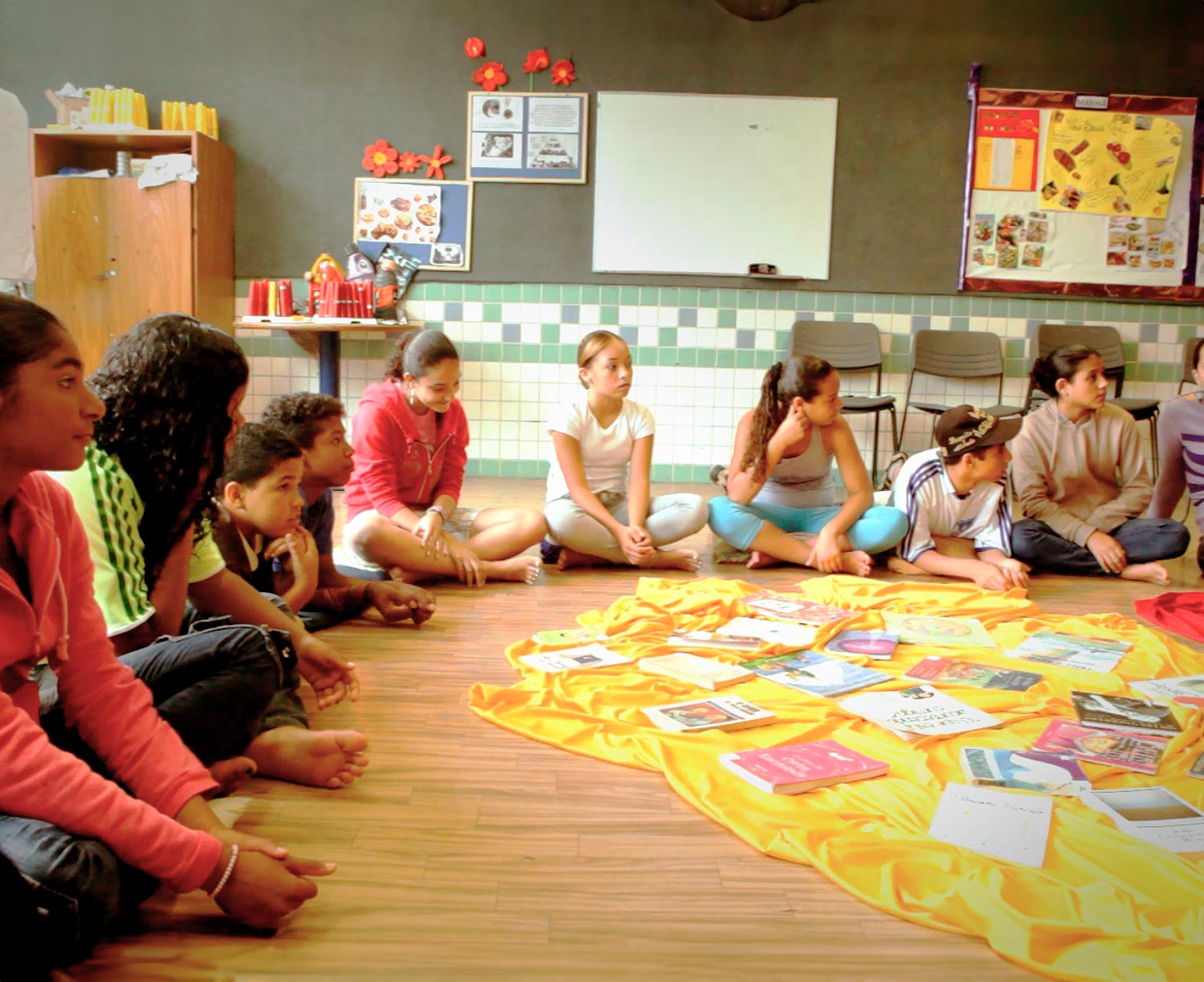
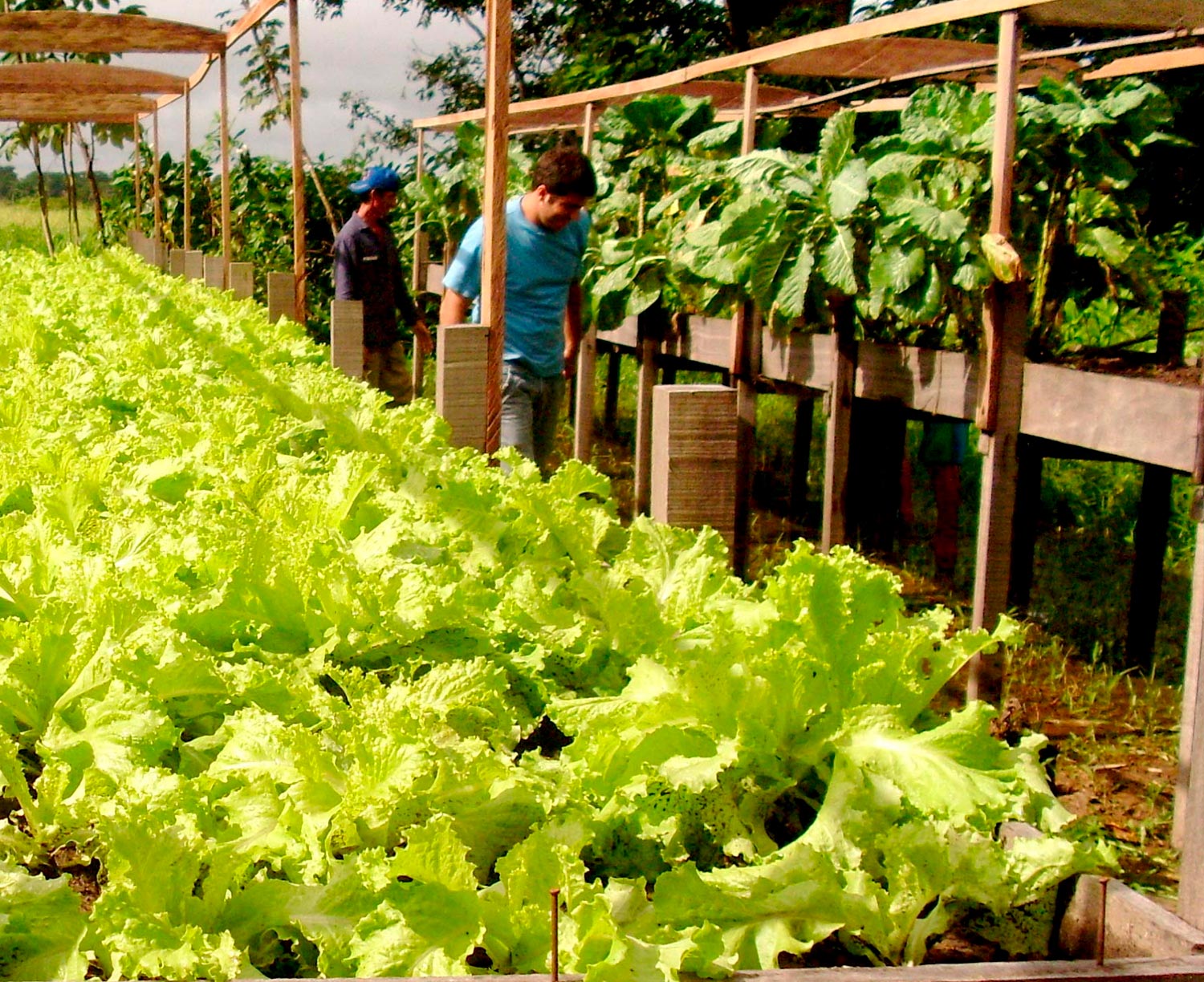
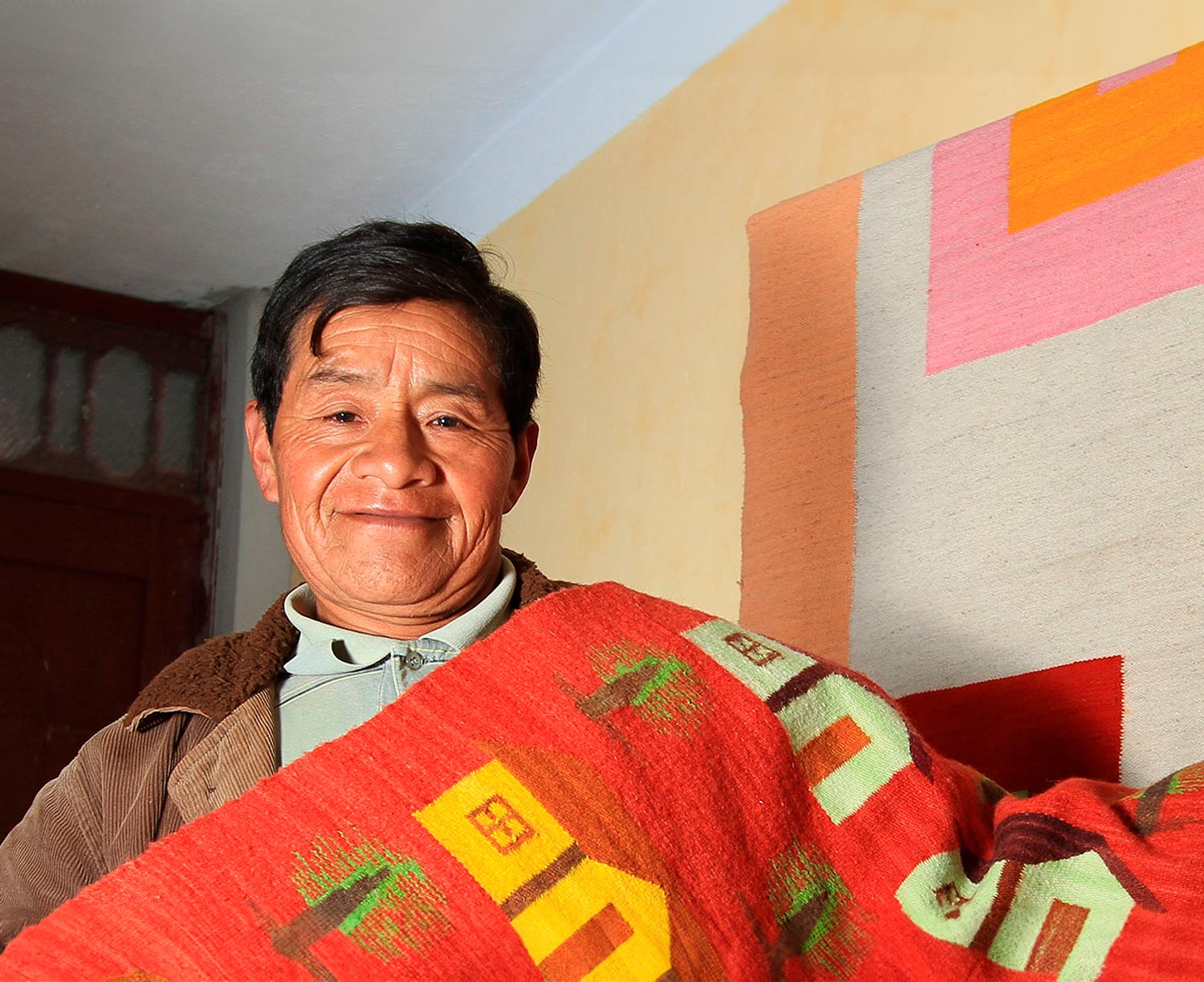

The diploma course
"Private Social Investment in Grassroots Development"
In 2009, thanks to contributions from the IAF, HSBC Bank, and Fundemex, we created the diploma course "Private Social Investment in Grassroots Development: How to Invest Effectively in the Community," managed by the Instituto Tecnológico de Monterrey, with 110 hours of online instruction.
In its first session, a pilot group of 70 participants took part, most of them members of RedEAmérica.
In 2010, the diploma course began to be offered in Spanish and Portuguese and 242 people from 12 countries took it.
By 2016, 16 cohorts had completed 12 sessions of the course. As of 2018, the diploma course was incorporated into RedEAmérica's Virtual Training Platform.

Sustainable communities
a new approach
As part of the RedEAmérica's new strategic plan, we created the Company+CommUnity program in 2015, which would become the network's main focus.
The Company+CommUnity program seeks to encourage companies to incorporate social and environmental considerations into their business models and thus contribute to generating a more integrated, transparent, and inclusive form of dialogue among local stakeholders, in order to build truly sustainable communities.
45 organizations from five countries participated in conceptualizing the program and creating its first materials in a series of national forums.
Later, we produced guides, manuals, case studies, infographics, and videos, as well as a full communication strategy to disseminate the program's messages and tools.
See the program's publications
The Virtual Training Platform
A fundamental tool of RedEAmérica has been our Virtual Training Platform, in which we have offered six courses in Spanish and Portuguese since 2019: Company+CommUnity; Coordination on the Ground; How to Promote Sustainable Communities, Connections, Partnerships, and Networks; Engagement in Public Policy: A Path?; and Voice and Capacity of Grassroots Organizations.
By mid-2022, nearly 500 people had participated in the various cohorts of the six courses and at that time there were more than 200 active participants on the platform.
Get to know the Virtual Training Platform
Virtual Learning Cycles
The Virtual Learning Cycles strategy was proposed to address topics of interest related to implementing the Sustainable Communities vision. It began in 2015 discussing aspects of grassroots sustainability, knowledge management, and project monitoring and evaluation.
By 2020, we had held 24 sessions of the virtual cycles, in which more than 2,500 people participated.
In 2021, the pandemic stimulated this strategy: we made 968 connections in the 9 Learning Cycles.
Visibility for successful initiatives: the Transformadores Award
Transformadores was born in 2012 to publicize the successful initiatives of RedEAmérica members in grassroots development, motivate them to develop new possibilities, and promote dialogue, learning, and innovation around concrete proposals.
In 2016, we included a Sustainable Business and Communities category and renamed it to the Latin American Sustainable Communities Award. In 2018, we opened the award to companies and foundations that are not members of RedEAmérica.
The Transformadores Award is biannual and a total of 251 initiatives from 14 countries in the region have participated in its six rounds; 33 of them have been winners in the two categories.
In each round of the award, we have prepared a book chronicling the winning initiatives. In the sixth round, we added videos and explanatory infographics to the books.
Visit the Transformadores Award website
Learn more about the award publications
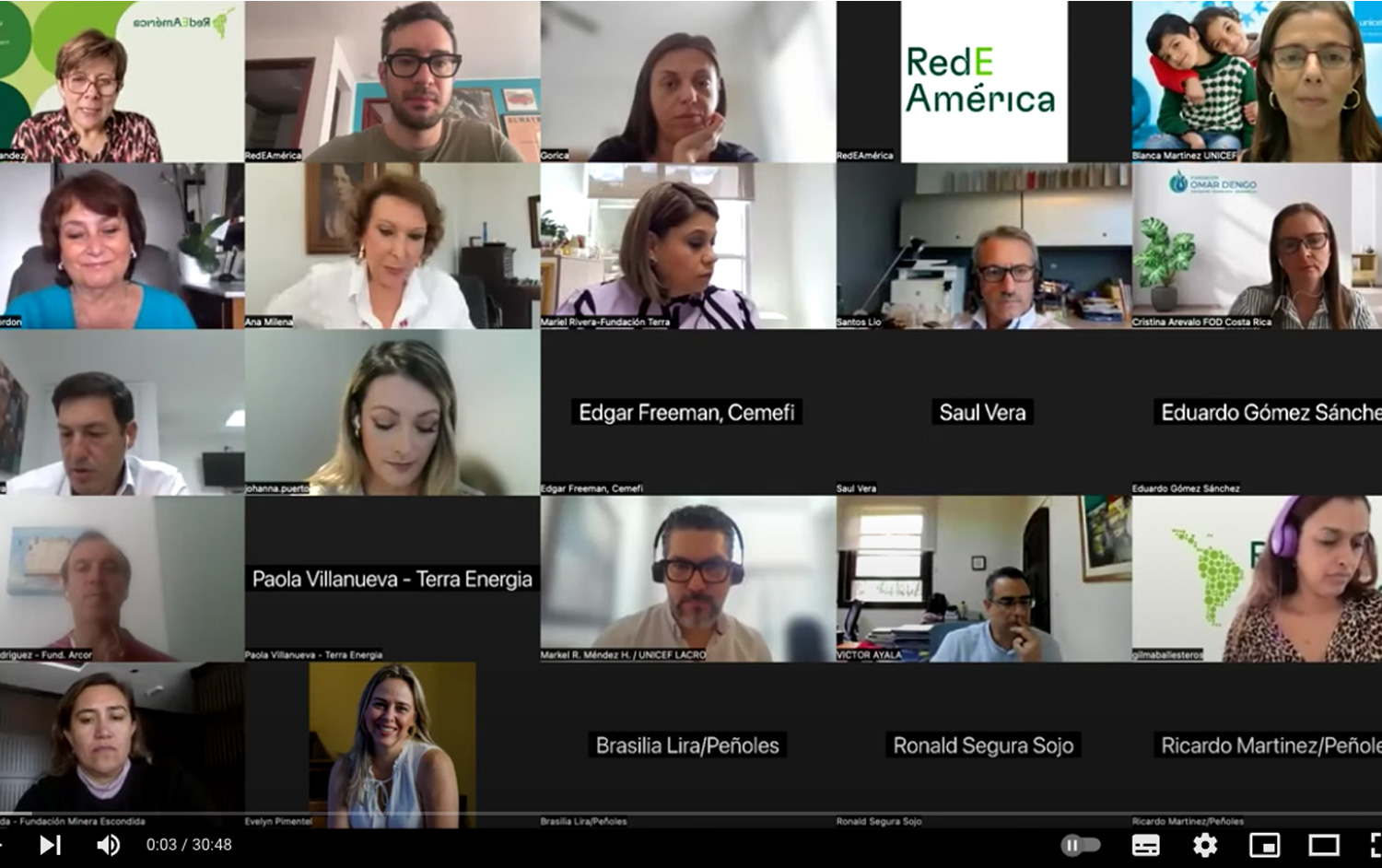
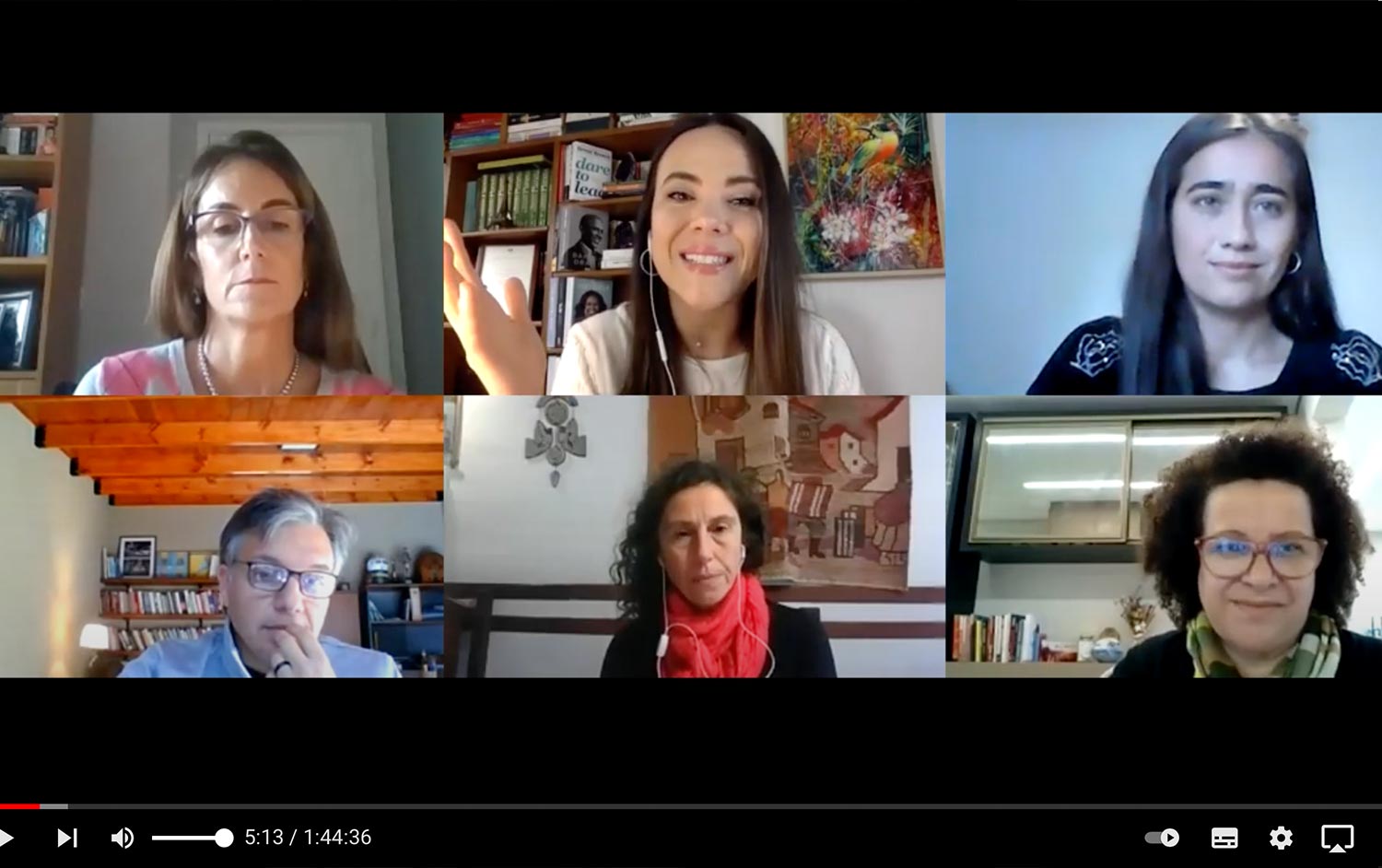

Self-assessment tools
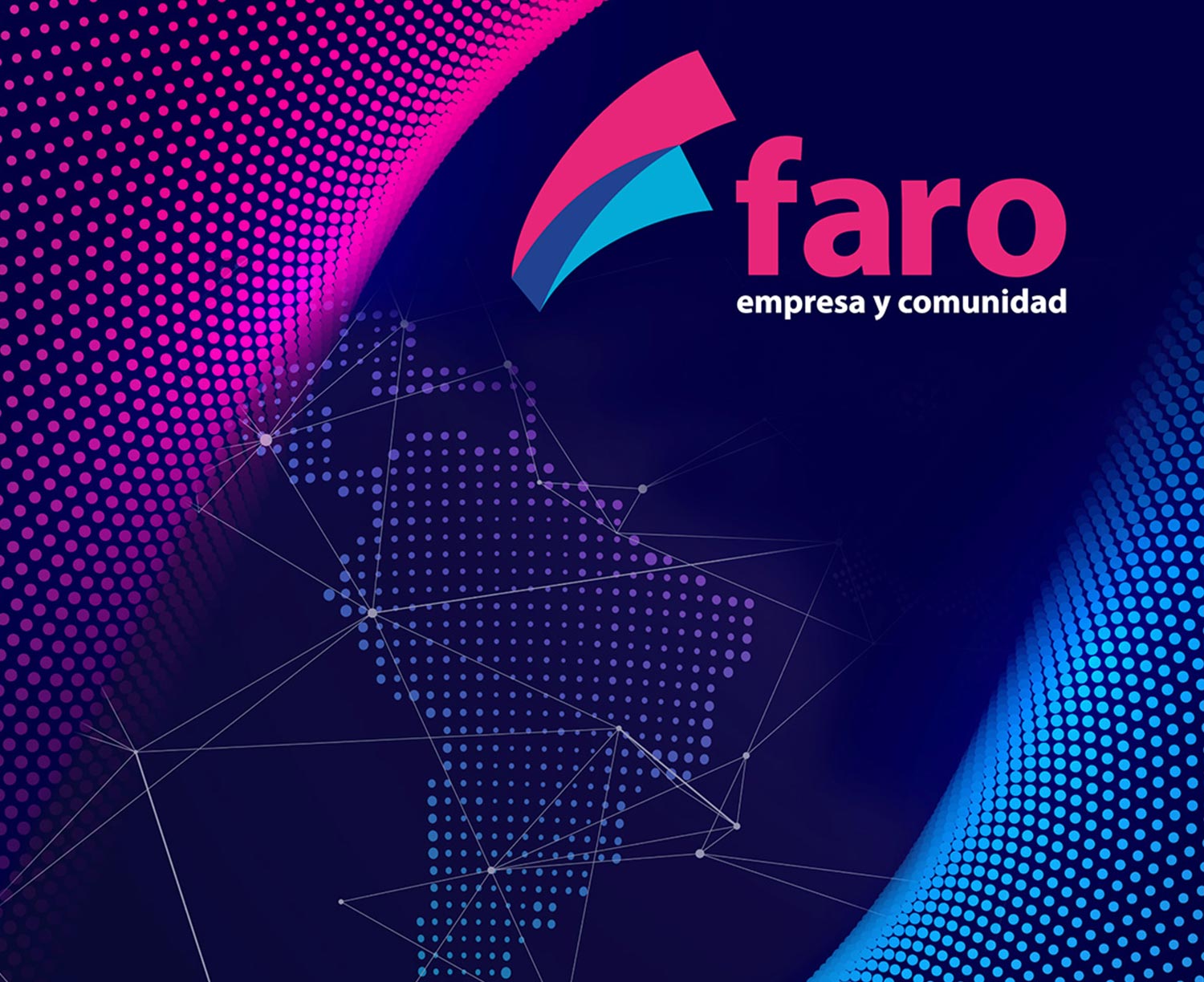
Radar: a self-diagnosis for growth
Through 44 variables grouped into three dimensions (organizational, technical, and programmatic), Radar diagnoses for companies, foundations, and institutes their strengths and areas for improvement in promoting sustainable communities.
In 2013, 2014, and 2015, members self-assessed how well they were implementing the grassroots development approach, to establish areas for improvement and compare the results of each member with the overall average.
Since the 2017 measurement, RedEAmérica modified Radar to provide members with a tool to identify progress and challenges in promoting sustainable communities with a grassroots development approach.
An average of 45 members from 11 countries have participated in each of its six measurements.
Learn more about Radar
Faro (Lighthouse): companies measure their progress
Inspired by Radar, the network developed Faro, an online tool for companies to measure their progress in incorporating social issues related to community development into their business models and/or sustainability strategies.
30 companies from 11 countries participated in Faro's first measurement in 2021.
Watch Faro's results presentation
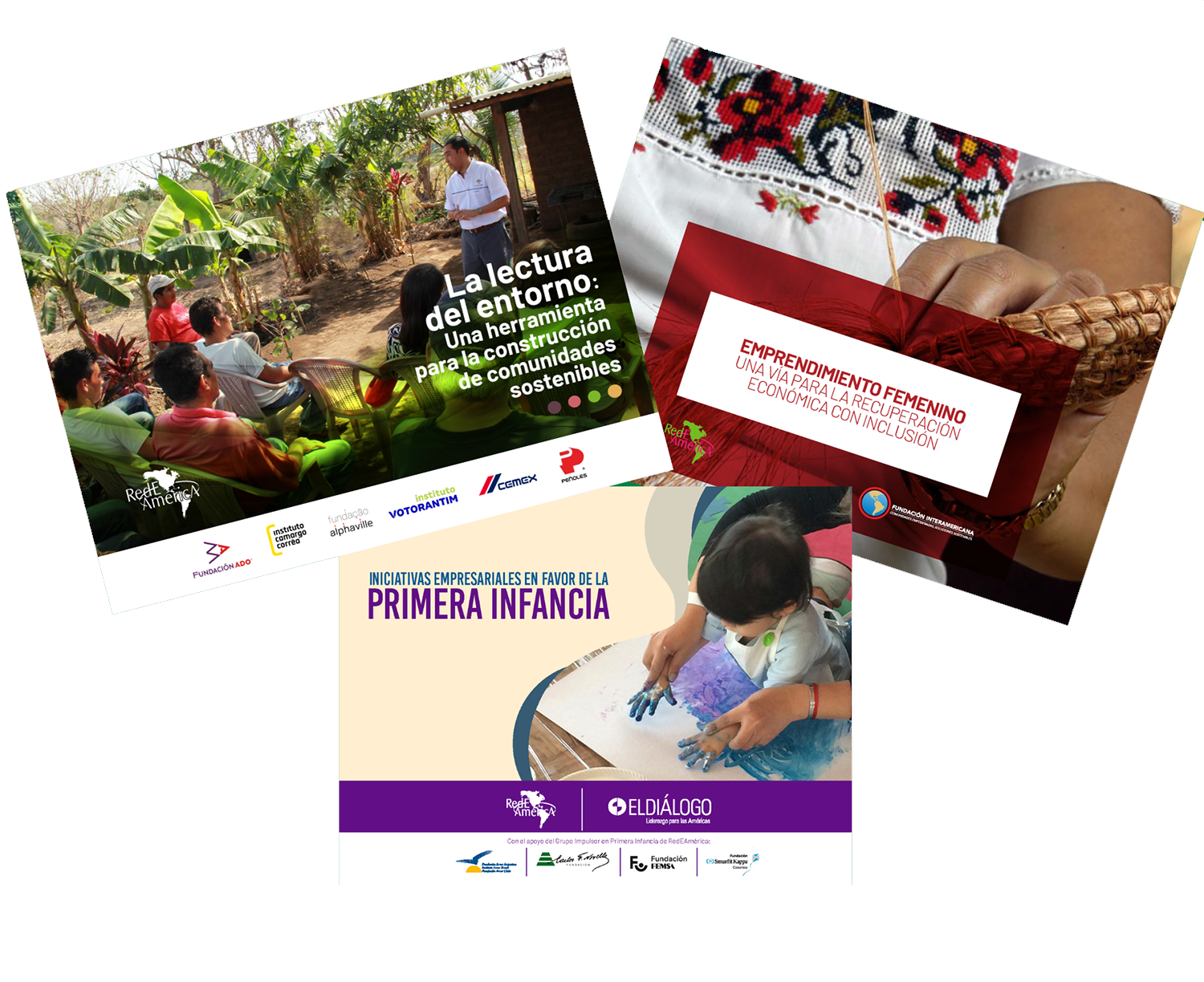

Working Groups:
concrete answers to specific issues
In 2020, in response to the challenges posed by the pandemic, the members of RedEAmérica created 4 Working Groups on Women's Entrepreneurship, Early Childhood, Education, and Environmental Reading. 23 member organizations participate in these groups.
Early Childhood
The Early Childhood Working Group, with technical support from the Inter-American Dialogue, conducted a survey with 62 business organizations working on early childhood issues in the region. It also issued a call for applications to identify outstanding experiences in the business sector in support of early childhood development. We received a total of 104 applications from 15 countries, of which we selected six to be systematized and shared in a publication and various activities.
Read the publication
Business initiatives in favor of early childhood
Reading the Environment
The Working Group on Reading the Environment published in 2021 the document “Reading the Environment: A tool for constructing sustainable communities.” The document compiles the experiences of and lessons learned by the group’s 6 organizations, along with environmental reading exercises, and offers practical guidelines to carry out this approach so that their results contribute to developing a territory and its stakeholders.
Read the document Reading the environment
Women’s Entrepreneurship
The Working Group on Women’s Entrepreneurship was formed during 2021 and organized a series of conversations with experts from regional organizations, leaders of grassroots enterprises, and member organizations to reflect on how to effectively support women's entrepreneurship.
The sessions created 270 connections and a publication on the subject.
Read the publication
Grassroots Women's Entrepreneurship: an opportunity for development
Education
The Working Group on Education prepared and disseminated a public statement with 10 proposals for actions required in the region to advance towards inclusive and quality education, pointing out the contributions that the business sector can make to strengthen this path.
Read the public statement
